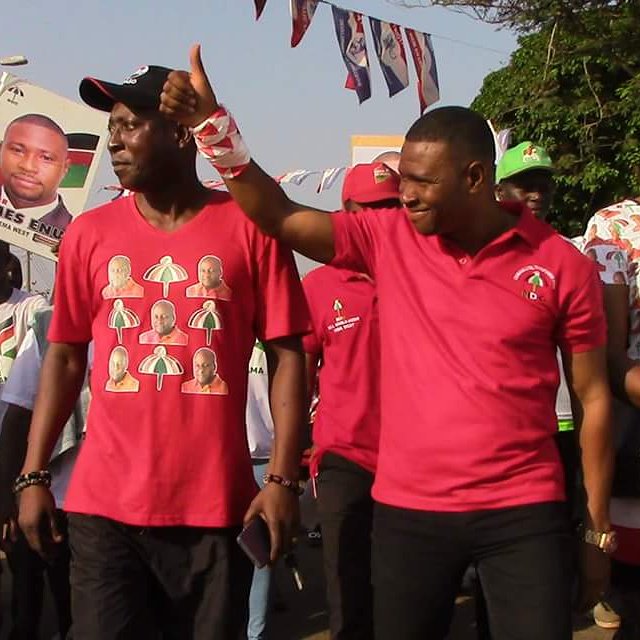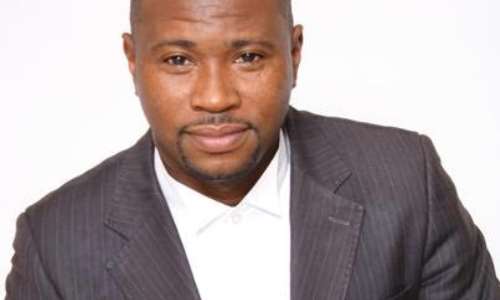
The committee empanelled by Chief Justice Sophia Abena Boafoa Akuffo to probe the allegations of abuse of power and corruption at the Electoral Commission (EC), yesterday met both the petitioners and the respondents.
Both the petitioners and the respondents reported at the scheduled time of 1:00 pm; and each reportedly met the committee, to be chaired by a Supreme Court judge.
The EC workers, who petitioned the president, were represented by two of them, with the rest waiting in the wings for the real day for the showdown.
Witness Statement
They have all been given three weeks to file their respective witness statements.
The two respective petitioners were the first to enter the court complex in Accra at about 12:45 pm and then came the first respondent, Charlotte Osei, EC chairperson, at about 12:50 pm.
Amadu Sulley, a deputy Chairpersons in-charge of Operations, who is another respondent, appeared to be in the company of the EC chairperson when they all entered the building with their lawyers.
Mrs. Georgina Opoku-Amankwa, a deputy commissioner in-charge of Corporate Services (also a respondent), came in a few minutes after 1:00 pm.
Mrs Charlotte Osei was in the company of her lawyer, Thaddeus Sory, while Mr Amadu Sulley came with lawyer Farouk Seidu.
It was unclear who was representing Mrs. Opoku-Amankwa – who is a lawyer herself – but the counsel was present.
Face-to—Face Meeting
The respondents and their accusers were first put in a room before the committee started calling them individually.
Sources said that all along, the EC boss thought that her accusers were some faceless people, but appeared to have been taken aback a bit when she finally met the faces behind the first petition against her – who are all said to be staff of the commission.
Counter Petitioner
Emmanuel Senyo, a non-EC staff who had filed a counter petition to President Akufo-Addo against the two deputy commissioners, also met both Mr Amadu Sulley and Mrs. Opoku-Amankwa at the committee.
Mr. Senyo relates James Kofi Afedo, the communication consultant working with the EC.
Kofi Afedo, a known member of Movement for Mahama’- a partisan group – was hired by Charlotte Osei and allegedly paid him thousands of dollars.
The second petitioner, Douglas Seidu, was also present.
The committee reportedly closed the maiden session at about 4:00 pm yesterday.
Committee’s Mandate
The committee reportedly used the maiden meeting to explain the procedures as well as the terms of reference to the petitioners and the respondents (with their lawyers participating actively).
A source said that the committee is most likely to commence its work in January next year; meanwhile, all members serving on the committee were present.
Since the problems at the EC escalated, the commission had not been able to meet, and so decisions that need attention are singlehandedly addressed by Mrs Charlotte Osei.
Article 146
The probe is being undertaken following the activation of Article 146 of the 1992 Constitution, after petitions and counter petitions had been sent to the president against the three top officials of the electoral body.
The committee was set up because there are sufficient grounds (prima facie) for impeachment of the officers whose attitudes have been jeopardizing the operations of the commission.
Apart from a Supreme Court judge chairing the committee, two other Court of Appeal judges (male and female) as well as two other members nominated by the Council of State (female and male) are also panel members.
Prima Facie Case
The impeachment committee was established because the Chief Justice, in a preliminary investigation, reportedly established a prima facie case against the three EC chiefs following separate petitions filed against them.
A source said several infractions in the award of contracts at the EC would feature prominently in the committee’s investigations.
The unnamed EC staff are being represented by Lawyer Maxwell Opoku-Agyemang, against Mrs. Osei.
The petition against her alleged among other things, the spending a whopping GH¢3.9 million to partition an office, the receipt of a Toyota Land Cruiser from the Mahama government and the use of about $14 million to build district offices when the Public Procurement Authority had only authorized her (Osei) to use $7.5 million.
The preliminary investigations into the scandal commenced last August when the Chief Justice wrote officially to the commissioners to file their official responses to the allegations leveled against them in the respective petitions.
With the committee now in place, the respondents who have not been working together, may now be asked to proceed on leave, pending the outcome of the probe.


